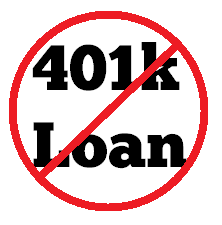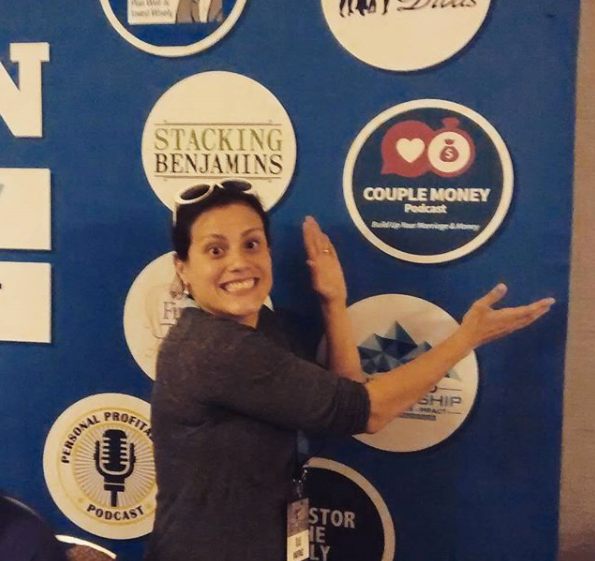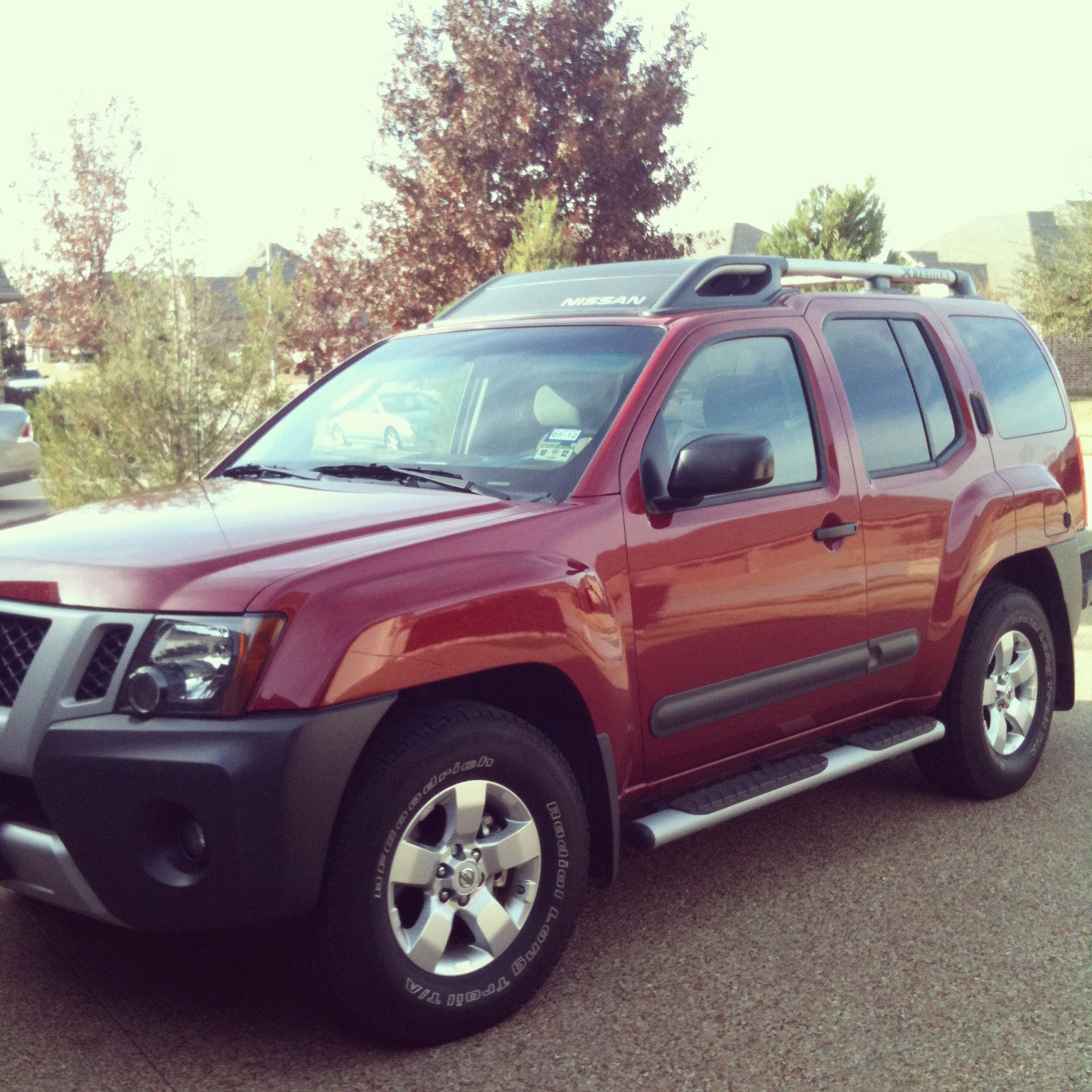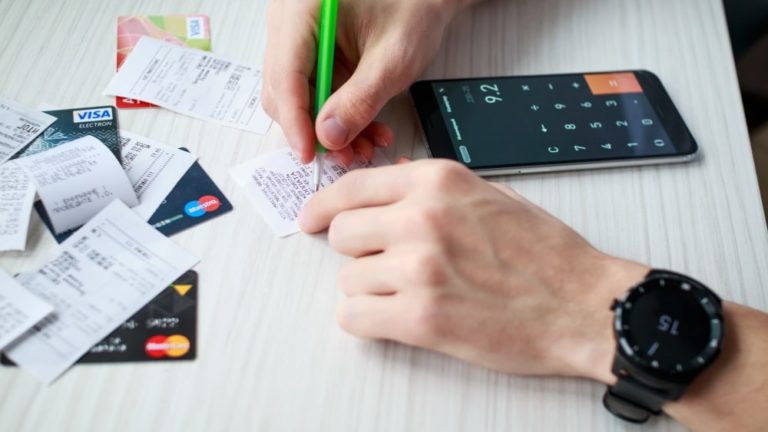What Debts Should You Pay Off First When You Get Extra Money?
Many people often struggle with coming up with a plan to get rid of their excess debts. Not having a workable plan is probably the biggest reason many people fail. But I also suspect most people never even get to the point of making a plan because they don’t have the extra money. That was always a big barrier for me. That’s why I think it’s key to make a plan and take action when you finally do bring in some extra money.
Let’s say you’ve just come into some extra money. Maybe you got a nice bonus at work, won the lotto, received a small inheritance, or got back a big tax refund. Now you’re looking over at your excess or unwanted debts and thinking you’d like to use some of this extra money to pay off the debts. What should your plan be? How should you go about deciding what to pay off first?
First of all, good for you for having the discipline to use this extra money towards debt repayment. It’s often that found money like this gets used on more spending. And many people often feel the need to splurge since they’ve finally found some extra money. I can’t say I blame them. I know the feelings of finally making some money after having gone without. You definitely want to reward yourself.
But part of becoming mature financially means you’re able to delay gratification and put off current wants for the sake of future needs. Okay, enough of that. On to the plan.
Assuming you’ve already established some sort of emergency fund, here’s how I’d go about deciding which debts to payoff first:
1. Make a listing of all your debts. Break out all of your statements and any old paperwork related to your debts. The point is to determine what your debts are, who you owe, and how much you owe. You might also want to pull a free credit report from annualcreditreport.com and look at all your open accounts with unpaid balances. You can get your free credit report from annualcreditreport.com once a year from each of the three credit reporting agencies. Once you know your debts, write them all down on a piece of paper, or build a spreadsheet listing using Microsoft Excel or my favorite, Open Office’s Calc.
2. Focus on the Unsecured Debts First. Generally speaking, you’ll want to focus in on your unsecured debts first. These are debts like credit card debt, medical bills, personal loans, pay day loans, and unsubsidized student loans. All these debts usually have high interest rates because they have no assets (or security) attached to them. These high interest rates are costing you a lot, and since there’s no asset as a result of the debt, the loan isn’t bringing you much future value. In most cases, you’ve borrowed to pay for something you’ve immediately consumed. Once you’ve identified what your unsecured debts are you can then assign a priority to them. That’s what we’ll do next.
3. Pick a Debt Pay Down Strategy that Suits You. There are many ways to go about paying off your debt. Don’t get too confused by all the methods. Just pick one that seems right and just start applying it full force. Many people never get around to paying off their debts because they’re overwhelmed by all the choices available to them: strategies, methods, products, etc. Here’s a couple of methods that make sense to me and I’ve seen success with:
- Use the “Debt Snowball” Method. This method was made famous by Dave Ramsey and it’s worked great for millions of people. This method helps you determine which debt to pay off first by having you list them in order of total balance, starting with the smallest. The reason this plan works for so many people is that you see success quickly and the success builds upon itself, like a snowball, to help motivate you towards getting rid of all the debts. If this sounds like the plan for you then I say go for it. Start out with the smallest debt first and attack it full force with your new found money. If there’s money left over, move to the second debt, and so on.
- Use the Highest Interest Rate. If you’re a numbers person and you strictly want to take the path of least mathematical resistance then you need to prioritize your list of debts by interest rate on the loan. Start with the debt paying the highest interest rate (it’s costing you the most money) and attack it full force until it’s paid off. Then, move to the second highest interest rate, and so on.
I hope this summary will provide some guidance for you when you come into that big pile of money and decide to rid yourself of excess debts. Good luck.
The world’s first automated debt manager that makes it easy to save money, manage your cards and pay down debt faster.








My debt to income is 14%. I am starting to prepare for a home purchase in the near future. Is it better to take extra money per month and apply it towards my car loan or low credit card balance, or put it in my savings account?
My debt to income is 14%. I am starting to prepare for a home purchase in the near future. Is it better to take extra money per month and apply it towards my car loan or low credit card balance, or put it in my savings account?
@kll9589 I can only tell you what I did in this exact situation 5 years ago. I first paid off my credit card debt and then I saved 20% for a down payment. Just my opinion, but doing both of these things is a better signal that you are ready to buy a house than a certain debt ratio.
@Philip Taylor Thank you! I just want to make sure I am hearing your advice correctly… pay off the credit card THEN save and not worry about the car note as much?
@kll9589 Yes, that’s what I’d do. I’m assuming that your credit card interest rate is much higher than the car note interest rate and I’m assuming that the car not interest rate is not above 5% or 6%.
I just received 6000. from a settlement. For me its found money but its actually all the money I have since I don’t have any savings. I’d like to pay off some outstanding debts that have gone to collections and some misc debts and make a car payment or two but I also owe some personal debt to friends and family. I’d like to also invest a third into my business. Whats the priority here, my friends and family or my outstanding debts. I’m having trouble sorting this out in my head. If handled properly I can make headway but I’ll be bone dry in the end. I’d like to save a few bucks too!
@fingers714 I think your priority here should be to have a thousand or so set aside in a small savings account. Then you should get rid of all of that debt in collections, as well as all of the misc debt. The personal debts can wait, and don’t have any effect on your credit-worthiness, unless they take you to court, which is unlikely. The debt in collections is a much higher priority. Good luck to you.
@Philip Taylor @fingers714
Philip,
I paid all my debts except for one that is caught up in legal action from the creditor. They are suing me and a judgement is pending. I don’t have the funds nor do I have any assets. In your opinion how should I handle the pending judgment? Its scheduled for a hearing in March. Also, Should I regret paying my other debts that were in collections since this judgement is coming? I felt I was doing the right thing by paying them.
I wanted to pay the debts to rebuild my credit but it doesn’t look good now with this pending judgment. I almost feel I just wasted a few thousand dollars.
@fingers714 Paying off your debts is always a good thing. You should feel pride that you are moving in a positive direction. Sorry to hear about the judgement. Hopefully you can get that resolved. Look for my direct email on this issue.
I just received a bonus at work of 7,000. Should I pay off my student loan of 6,000 at 4.25%, my car loan of 7,000 at 2.9%, or my home loan at 105,000 at 5%. It is appraised at 113,000 and I’m still paying PMI. I have lived it almost 3 years. I believe that’s when I can get another appraisal because I put a new roof on a few months ago which will raise my appraised value. Thank you for your advice.
Congrats on the nice bonus, and for having the desire to get rid of your debts. You are in a good position with each of these loans. I think choosing any of these three would be a good option. Getting rid of PMI is a good start though. That’s there I think I would focus.
@Philip Taylor
PT thanks for your advice. I had the same idea on the PMI, just wanted to see your thoughts.
I have a work bonus and have been using the snowball effect to pay off debt. However with this bonus I could pay off the rest of my credit cards and with the left over money pay off a low interest secured loan. Or i can take all the money and pay off just 1 high interest personal loan.But still have the credit card debt. either way would allow me to put about the same amount that extra montly savings towards another bill. i just want to make sure i do the right think. I am thinking the rest of the credit cards and payoff that 1 low intrest credit line.
Thanks for your help. I am pretty sure i will be paying the credit card off.
@Cyndi – Personally, I would pay off all my credit card debt prior to buying a house.
Putting 26k down on a house worth 188K isn’t going to eliminate the PMI. So, buying a house with that small of a down payment is going to cost you more than it would if you waited to have 20%.
I say just pay off your cc debt, then work on the 20% down payment.
We are getting ready to build a house our loan amount will be 188000. I have 26000.00 i could either pay on the house so we will only be borrowing 162 instead of 188, or i could pay on my credit card debt. Which would save the most money?
I would definitely pay off the ‘bad’ debt first – high interest consumer debt, etc.
At least with ‘good’ debt, like investments or your house, you’re getting some kind of perceived value.
I guess the answer to this question also depends on how big the windfall income is. If it is big enough, debt snowballing is really not necessary. It may even be counterproductive if you applied it. You may just go for the feel-good effect of debt snowballing and then spend the rest of the windfall. It is most important to make sure that an income windfall is actually applied to debt.
Hate to sound like a broken record, but the daily amoritization of Federal student loans is just evil, especially for a numbers guy. Not to mention their collections personnel are just plain mean….
And I’ve always believed debt-free is the way to go, but a sudden infusion of cash (lotto, bonus, etc.) does offer a little splurge, like a nice dinner out or something. Just keep the splurge to 25% of the total, and be wise with the rest.
PS, like the new pic!
I love questions like this. I think that if you have many debts, it’s definitely going to be more motivating to do the snowball and take care of the smallest-sized one first just to get it off your back. Also, it’s better if you can (at least, this is how it works for me) at least knock out one entire line of debt with your extra cash rather than part of one and part of another.
Another way to think about the question is what use of this extra money will give you the most immediate/beneficial leverage? It might actually be something other than paying off debt. Like if you need to buy a bike or get your car fixed or … something else that would provide more immediate and lasting benefit than just paying off a debt line. But I think usually it’s going to be wiping out some debt that will help most.
Frank – I added that part in because I don’t think enough people understand the types of debt and why high-interest debt exists. Plus, this article is about deciding which debt to pay off, not just which one to pay. I’m not advocating people stop making minimum payments.
My point was to show the high interest factor. Plus, the fact that generally those debts aren’t attached to anything providing value.
A house and a car provide continued value going forward. The cheesburger you bought 2 years ago isn’t providing anymore value. So you might want to attack that debt first. Just trying to add in some different ways of looking at it. I’m definitely not the best at articulating it.
I don’t understand your thing about focusing on unsecured debt first. If it has a higher interest rate, okay fine, but why not just pay off your debts in interest rate order? Everything else equal, a person should prefer to pay off secured debt first, since not paying off those loans could, in some circumstances, result in loss of the asset.